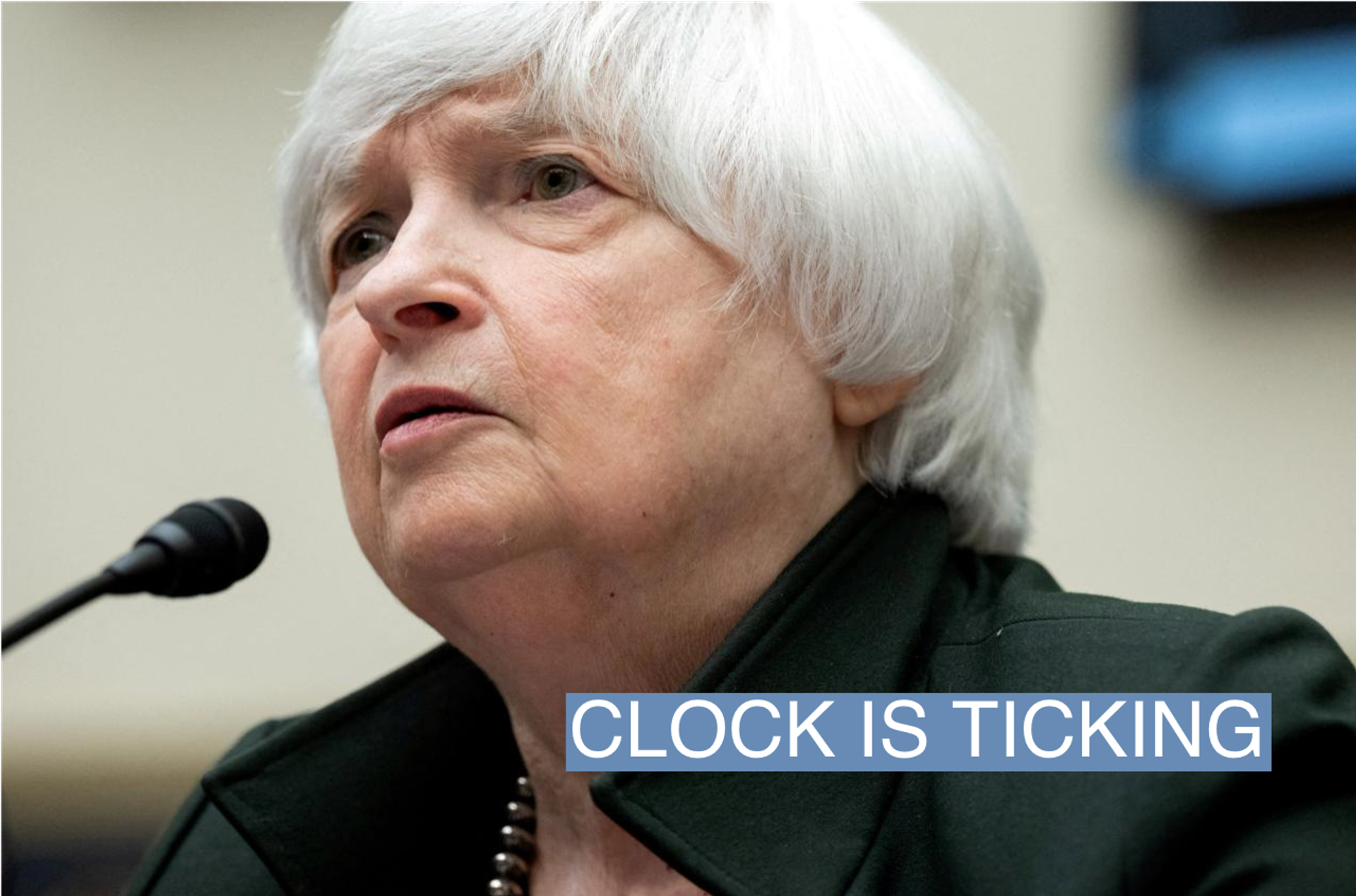The News
As the U.S. nears the deadline to raise its debt ceiling — the limit on the amount of money the federal government can borrow to pay for services — observers around the world are weighing in on what the standoff between lawmakers represents.
If the country doesn’t raise the debt ceiling, it could default on its loans, an unprecedented situation since the limitation was imposed.
Here’s what U.S. watchers are saying about the scenarios facing the government.
The View From the UK
It’s abnormal for a country to legislate a budget and that budget’s debt separately, Martin Wolf wrote in a Financial Times piece titled: “America is hurt by its debt ceiling theatre of the absurd.”
It’s not known exactly how a debt default would affect the world’s largest economy, Wolf notes, but it is possible that such a default could happen.
It would be a “huge shock to trust in the US,” he wrote. “The only reason why a default is conceivable is the depth of disagreement in the country and so in Congress,” Wolf adds. “If the US were less divided, the debt ceiling would not matter.”
The View From New Zealand
The ongoing debt crisis talks have prompted U.S. President Joe Biden to cut short a planned trip to Asia and Pacific nations, a decision that could erode regional trust in Washington’s commitment to constrain China as concerns mount over Beijing’s influence.
Speaking to The New York Times, Anna Powles, senior lecturer in security studies at Massey University in New Zealand, said that trust “is the currency of the Pacific, and building trust takes consistency, it takes being reliable, being there, being present.” As the Times noted, the U.S. has not proven it can be as present in the Pacific as China.
The View From Australia
Australian Prime Minister Anthony Albanese Wednesday canceled next week’s Quad summit after Biden postponed his visit to the country. The one-day meeting was supposed to bring together the leaders of Australia, India, Japan, and the U.S.
Biden’s abrupt change of plans has triggered “anxieties in Canberra about how political polarisation in the United States is again sapping its international diplomacy,” the Australian Broadcasting Corporation reported.
Albanese has reportedly pointed at “blocking and disruption that’s occurring in domestic politics in the United States” for Biden’s decision, ABC notes.
